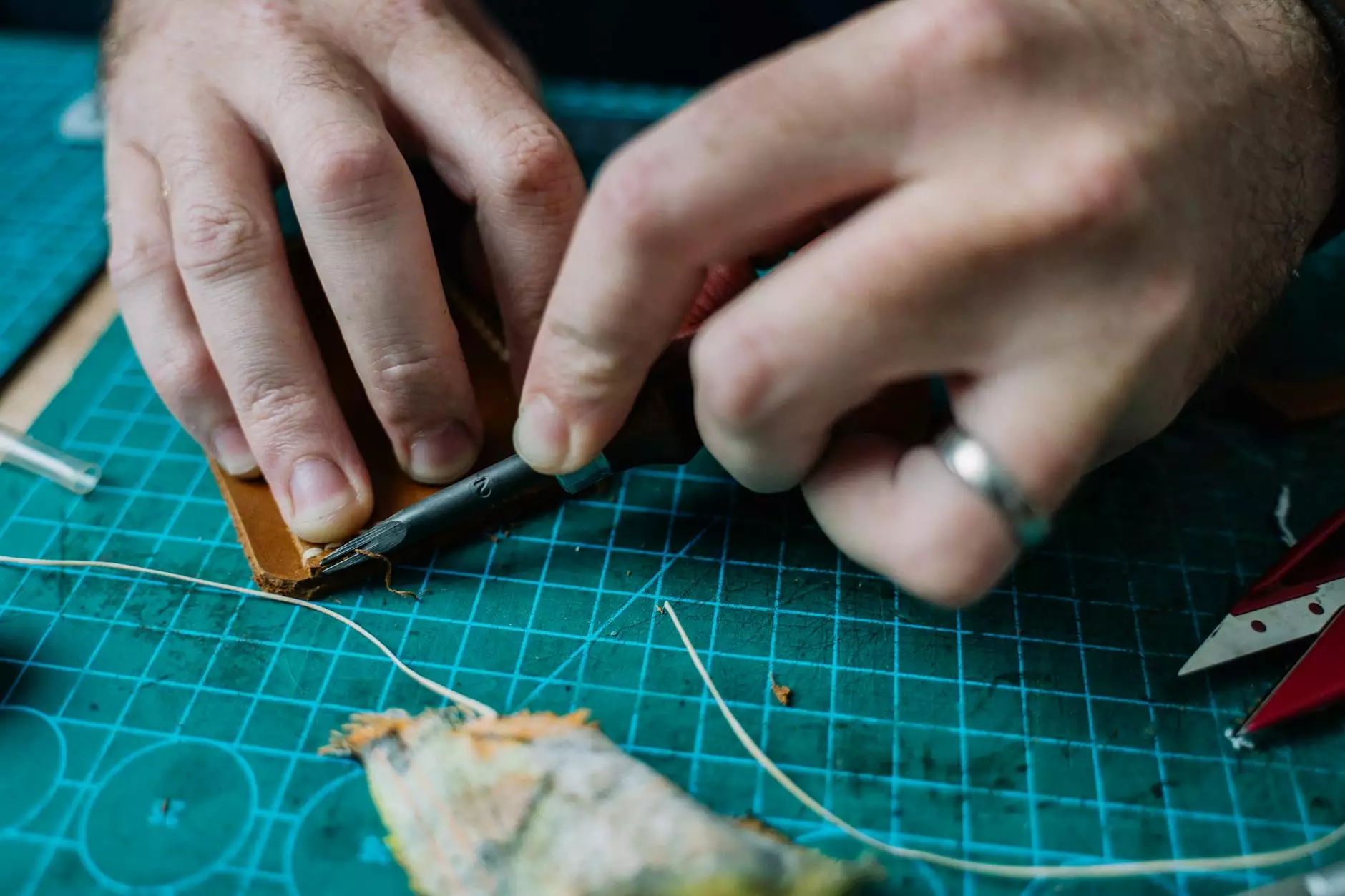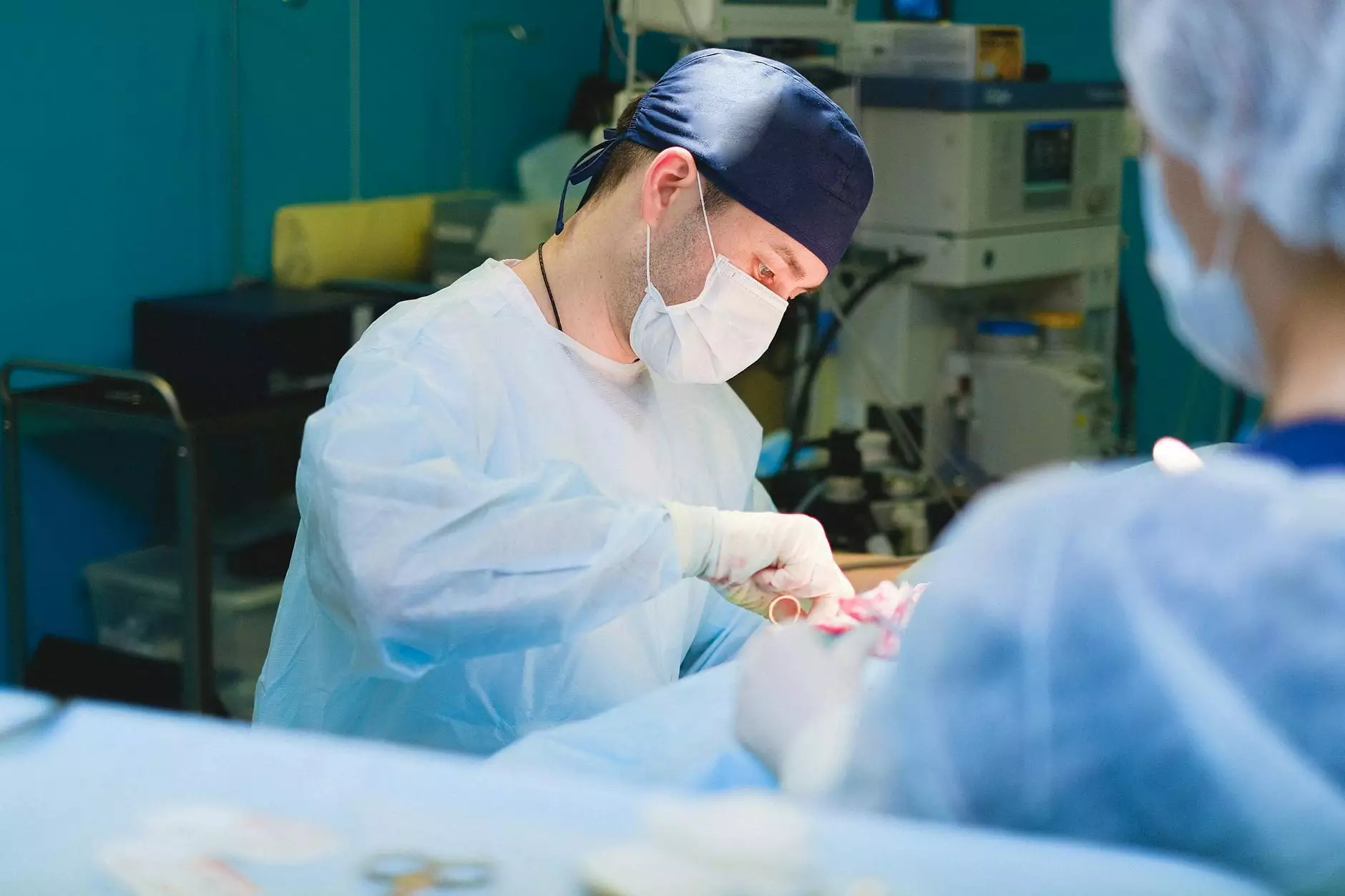Biohazard Cleanup Jobs: An In-Depth Guide to a Life-Saving Career

Biohazard cleanup jobs offer a unique and vital service in maintaining public health and safety. These professionals are tasked with the meticulous and often challenging job of cleaning up hazardous waste, such as crime scenes, medical spills, and other biohazardous materials. This article will delve deep into the realm of biohazard cleanup, showcasing its significance, the skills required, job prospects, and how you can embark on a fulfilling career in this field.
The Importance of Biohazard Cleanup
Biohazard cleanup is not just a job; it is a critical service required in various situations. The implications of inadequate cleaning can be severe, impacting health, safety, and even legal standing.
Why Biohazard Cleanup is Necessary
- Health Risks: Exposure to biohazardous materials can cause serious health problems, including infectious diseases. Professionals trained in biohazard cleanup are essential to mitigate these risks.
- Legal Compliance: Many establishments must adhere to strict regulations regarding the disposal and cleanup of hazardous materials. Failure to comply can lead to hefty fines and legal issues.
- Restoration of Spaces: After traumatic events, such as accidents or violent crimes, restoring spaces is critical for the affected individuals and the community.
Types of Biohazard Cleanup Jobs
The field of biohazard cleanup encompasses various domains, each with unique responsibilities and requirements. Some of the most common types of biohazard cleanup jobs include:
1. Crime Scene Cleanup
Crime scene cleanup involves the removal of biohazardous materials following criminal events. Professionals in this area must be ready to deal with challenging emotional situations while ensuring that all hazardous materials are handled and disposed of correctly.
2. Medical Waste Cleanup
This type of cleanup is essential in healthcare establishments where biological waste, such as sharps and blood products, need to be disposed of safely. Medical waste cleanup specialists ensure compliance with health regulations and the safe handling of hazardous materials.
3. Trauma Scene Cleanup
Trauma scene cleanup occurs after accidents or other traumatic events. This job requires sensitivity as it often involves cleaning up after someone has been injured or has died. Professionals provide a critical service, helping families and communities regain normalcy.
4. Sewage Cleanup
Biohazard cleanup jobs also include handling sewage backups. Exposure to raw sewage poses significant health risks, and trained professionals are essential for safe and effective cleanup and remediation.
Skills Required for Biohazard Cleanup Jobs
Engaging in biohazard cleanup jobs requires a diverse skill set that combines technical knowledge with practical skills. Some of the critical competencies include:
- Attention to Detail: Navigating potentially dangerous environments necessitates a keen eye and meticulous approach to ensure that all hazardous materials are thoroughly cleaned.
- Knowledge of Safety Protocols: Familiarity with health and safety regulations is crucial. Professionals must understand the proper procedures for handling and disposing of biohazardous materials.
- Emotional Resilience: The nature of biohazard cleanup can be emotionally taxing. Professionals must exhibit resilience and professionalism while working in sensitive environments.
- Physical Stamina: The job can be physically demanding, requiring lifting, moving, and handling heavy or hazardous materials.
- Technical Proficiency: Skills in using specialized cleaning equipment and protective gear are essential. Understanding how and when to use such equipment can be vital for safety and efficiency.
How to Pursue a Career in Biohazard Cleanup
For those interested in pursuing a career in biohazard cleanup, several steps can help you get started:
1. Research the Field
Understanding the ins and outs of the industry is paramount. Look into local businesses like biohazardplus.com to see the services offered and the market demand.
2. Obtain Necessary Certifications
Many employers require specific certifications in hazardous materials handling and safety protocols. Look for accredited training programs that offer specialized courses in biohazard cleanup.
3. Gain Experience
Consider internships or entry-level positions in related fields such as general cleaning services or emergency response. Practical experience is invaluable in developing your skills and networking within the industry.
4. Build a Network
Networking can lead to job opportunities and guidance from experienced professionals. Join industry associations and attend relevant events to connect with others in the field.
Job Prospects and Growth Opportunities
The demand for biohazard cleanup services is on the rise. As awareness of health risks associated with hazardous materials continues to grow, job prospects in this field are becoming increasingly promising.
Employment Growth
According to industry reports, the biohazard cleanup sector is expected to see steady job growth over the next decade as more companies and communities recognize the importance of professional cleanup services.
Opportunities for Advancement
With experience, professionals can advance to supervisory roles or even start their own biohazard cleanup businesses. Specialized training in areas such as crime scene cleanup or medical waste management can lead to higher wages and more job security.
The Personal Rewards of Biohazard Cleanup
While the work can be challenging, biohazard cleanup jobs also come with a sense of fulfillment. Knowing that you are providing an essential service that directly impacts public health and safety can be incredibly rewarding.
Making a Difference
Working in the biohazard cleanup industry allows you to help individuals and families during some of their most challenging times. This impact is profound, making your role not just a job but a vocation.
Job Satisfaction
The unique nature of the work can lead to high job satisfaction rates. Many professionals find pride in their ability to restore spaces and ensure safety for others.
Conclusion
In conclusion, biohazard cleanup jobs serve as a crucial line of defense against the potential hazards posed by biohazardous materials. With a growing demand for trained professionals, this field offers both stability and satisfaction for those ready to take on the challenges it presents. Whether you are looking to contribute to public health, find a fulfilling career, or enter an industry with robust job security, biohazard cleanup may be the path for you. Explore your options, seek necessary trainings, and make your mark in this essential field.









